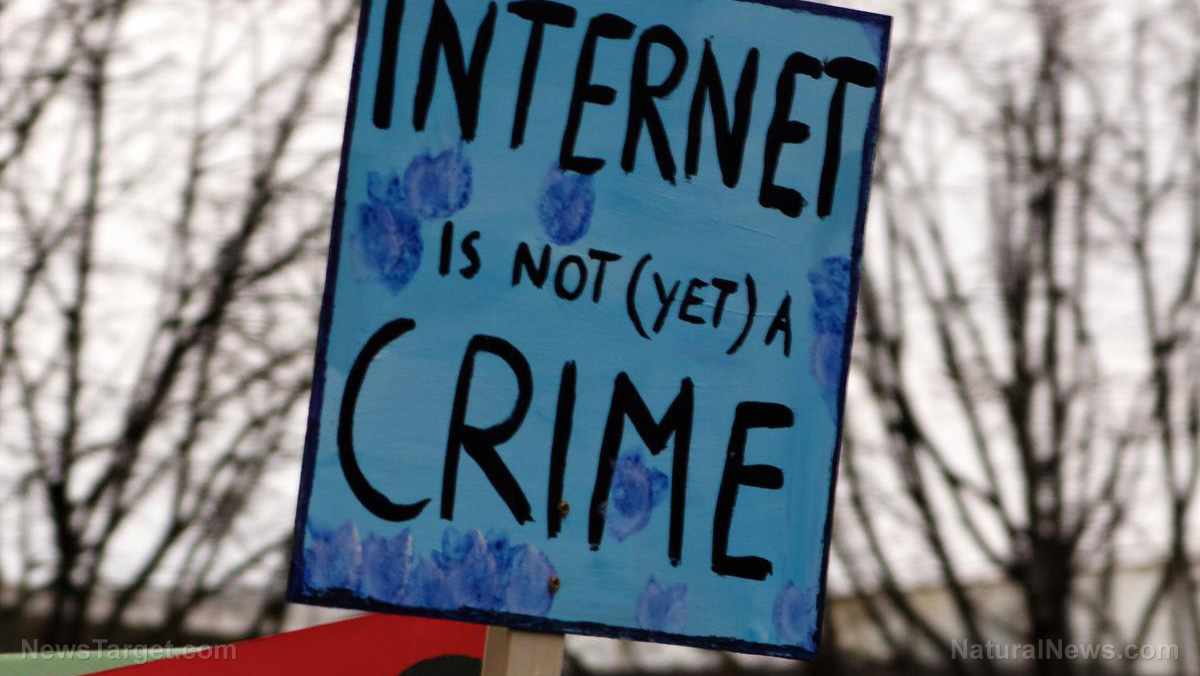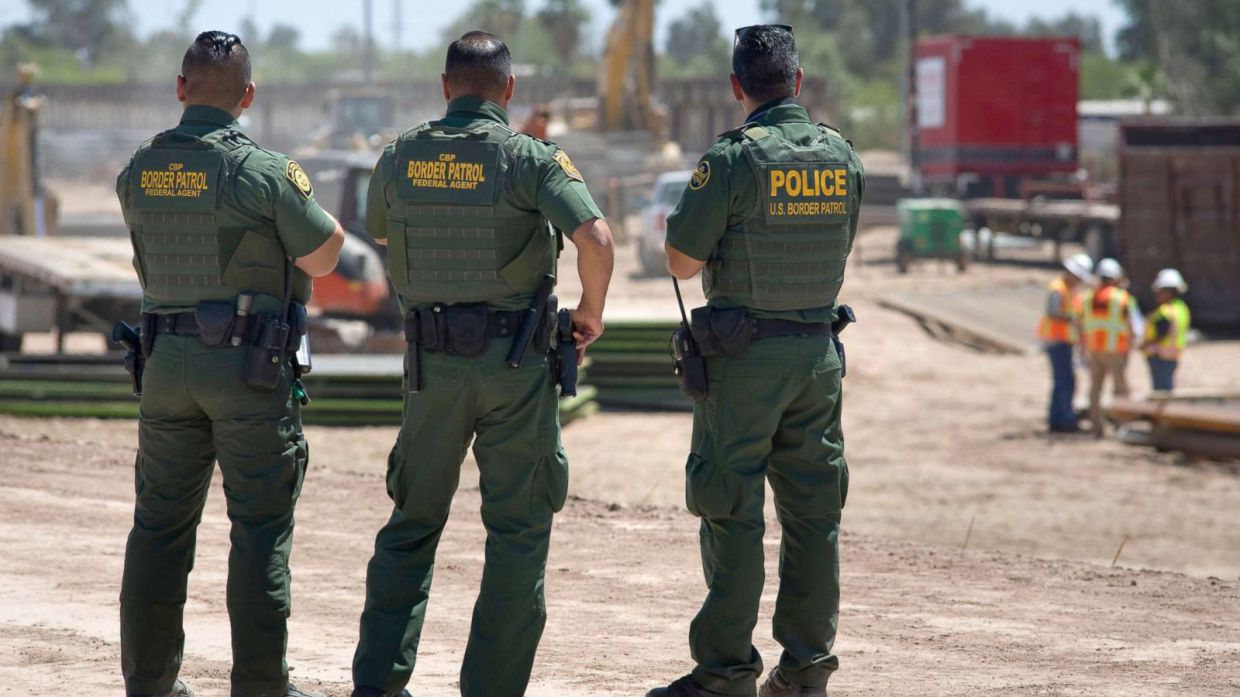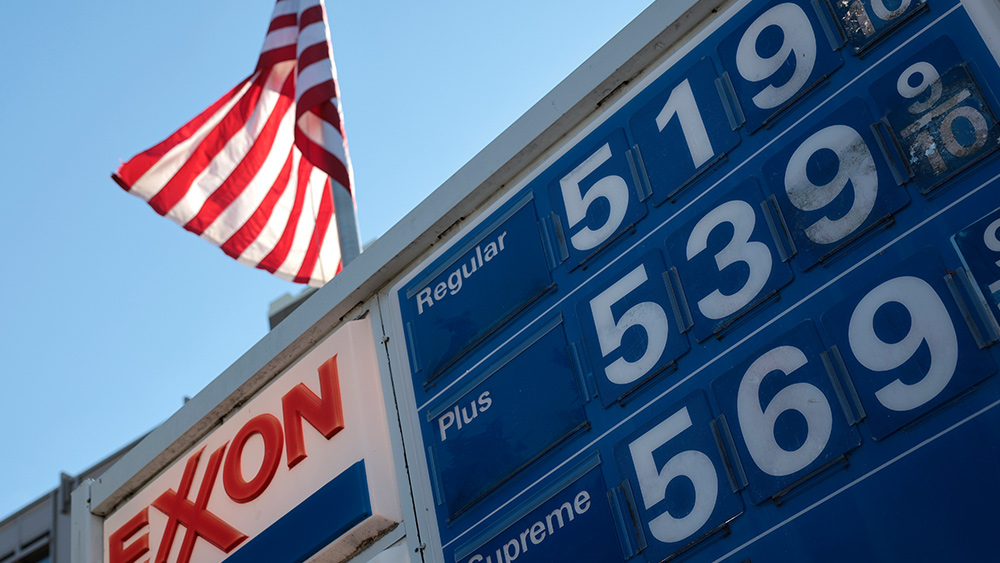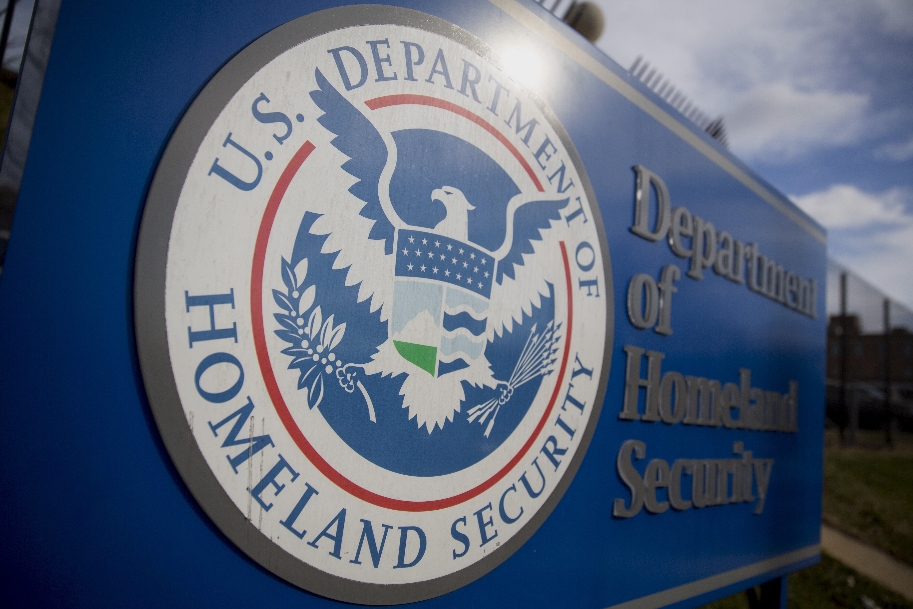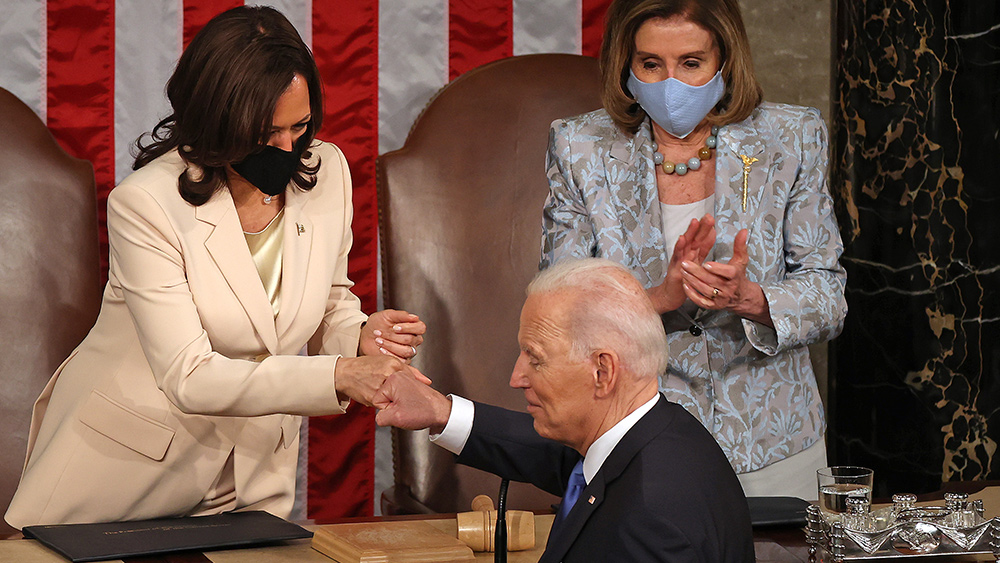Cost of doing business? Monsanto pleads guilty to 30 environmental crimes, agrees to pay measly $12 million fine
12/16/2021 / By Ethan Huff

The Monsanto Company agreed to plead guilty to 30 environmental crimes related to the use of a pesticide on cornfields in Hawaii, court documents filed in the state earlier this month show.
Monsanto admitted in a plea agreement that it committed 30 misdemeanor crimes related to the use of a glufosinate ammonium-based product sold under the brand name Forfeit 280. Monsanto also pleaded guilty to two other charges related to the storage of a banned pesticide, which was the subject of a 2019 Deferred Prosecution Agreement (DPA).
After applying the product to corn fields in Oahu back in 2020, Monsanto forced workers to enter the fields during the six-day “restricted-entry interval” (REI) in violation of the law.
The plea agreement says that Monsanto will now have to serve three years of probation (how does a corporation serve probation?) as well as pay a total of $12 million in fines.
Monsanto will also need to participate in another three years’ worth of a comprehensive environmental compliance program that includes third-party auditors as part of its light punishment.
On 30 separate occasions, Monsanto allowed workers to enter fields that had just been sprayed with Forfeit 280, meaning within the restricted REI period.
Monsanto has also agreed to plead guilty to two felony charges filed in 2019 that the government reportedly would have dismissed had Monsanto simply complied with federal law.
Monsanto blames its workers, rather than itself, for violating the law
In conjunction with the DPA related to the two felony charges of illegal storage of acute hazardous waste, Monsanto also pleaded guilty in early 2020 to illegally spraying a banned pesticide (specifically methyl parathion, the active ingredient in Penncap-M) on research crops at a facility in Maui.
“Monsanto is a serial violator of federal environmental laws,” said U.S. attorney Tracy L. Wilkison. “The company repeatedly violated laws related to highly regulated chemicals, exposing people to pesticides that can cause serious health problems.”
Scot Adair, the special agent in charge of the Environmental Protection Agency’s (EPA) criminal enforcement program in Hawaii, noted that Monsanto “failed to follow regulations governing the storage of hazardous wastes and the application of pesticides, putting people and the environment at risk.”
“Today’s plea agreement shows that EPA will hold responsible those who violate laws designed to protect communities from exposure to hazardous chemicals,” Adair added. Check out this report we published about Monsanto’s extensive history of crimes against humanity.
In the new case that was filed last week, Monsanto actually tried to blame its own workers for violating the law and entering the fields before the REI period had ended.
While the company did specify that this occurred “due to a lack of oversight and supervision by Monsanto,” the case filing suggests that workers broke the law “by entering the fields 30 times to perform field-corn scouting within six days of spraying.”
It turns out that the REI for Forfeit 280 was extended back in late 2016 from 12 hours to six days. This occurred as part of an industry-wide change for all products containing glufosinate ammonium as an ingredient.
Monsanto further admitted that it violated the Federal Insecticide, Fungicide and Rodenticide Act (FIFRA), which regulates the registration, sale, distribution and use of pesticides in violation of Forfeit 280’s labeling.
“It is a violation of Federal law to use Forfeit 280 in a manner inconsistent with its label,” reads the label of Forfeit 280.
For committing these and other crimes, Monsanto has already paid $10.2 million in fines, including a $6 million criminal fine under the DPA, a $200,000 fine for the FIFRA offense and $4 million in community service payments to various Hawaiian government entities.
More related news can be found at Evil.news.
Sources include:
Submit a correction >>
Tagged Under:
chemicals, environment, environmental crimes, evil, Forfeit 280, glufosinate-ammonium, Hawaii, Monsanto, Penncap-M, products, weed killer
This article may contain statements that reflect the opinion of the author
RECENT NEWS & ARTICLES
COPYRIGHT © 2017 BIG GOVERNMENT NEWS









